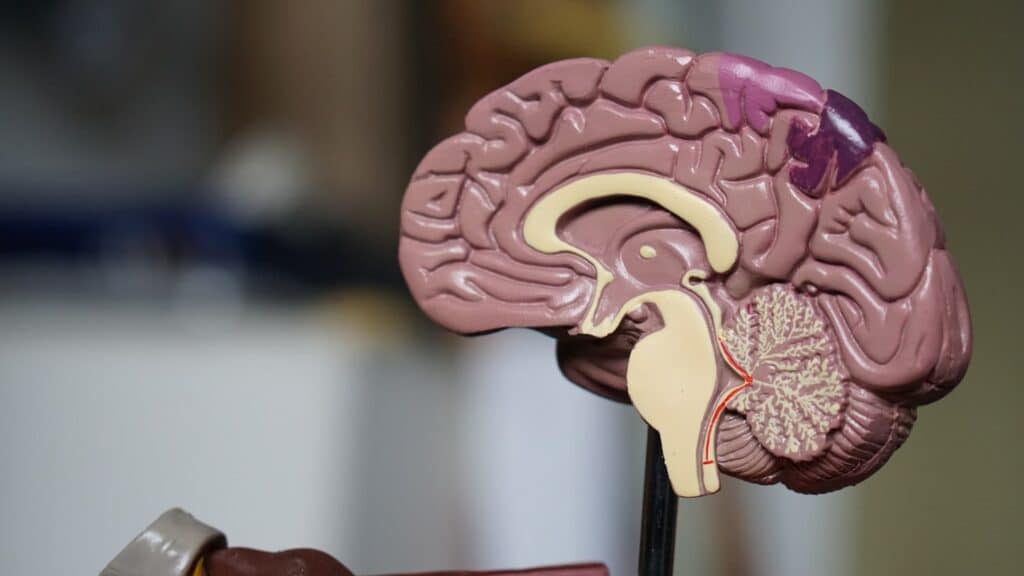
What Does the Term Wet Brain Mean?
Suffering from alcohol addiction can have a devastating effect on the victim and their loved ones. While many are aware of long-term alcohol abuse effects such as liver diseases, changes in personality, and the financial consequences associated with the addiction, there is a lesser-known condition called wet brain, or Wernicke-Korsakoff syndrome.
This serious brain disorder is caused by excessive alcohol consumption and can have irreversible consequences if left untreated.
This article answers the question, ‘what is wet brain’, exploring its causes, symptoms, diagnosis, and treatment options.
What is Wet Brain; An Overview
While wet brain is the common term used to describe this condition, it is important to note that it is also referred to as alcohol dementia, alcoholic encephalopathy, or Korsakoff psychosis.
With that said, wet brain is commonly used as a casual term for Wernicke-Korsakoff syndrome, a condition that encompasses two separate but related disorders namely:
- Wernicke encephalopathy
- Korsakoff syndrome.
These disorders are often co-occurring and are brought about by thiamine deficiency, or a lack of vitamin B1, which is essential for the proper functioning of the nervous system and brain. It is responsible for converting glucose into energy, which is vital for the body’s overall functioning.
Now, wernicke encephalopathy is the acute phase of the wet brain and can be reversed with immediate medical intervention, together with the user cutting down on their alcohol consumption. However, if left untreated or proceeds to consume alcohol, Wernicke encephalopathy can advance to the chronic stage known as Korsakoff syndrome.
Once the wet brain enters the second stage, the damage becomes permanent where treatment becomes more focused on managing symptoms and preventing further deterioration.
The Role of Alcohol and Thiamine Deficiency
As explained earlier, The primary cause of wet brain syndrome is the chronic consumption of large amounts of alcohol, which interferes with the body’s ability to absorb and process thiamine efficiently, leading to a severe deficiency. Moreover, heavy alcohol consumption often leads to poor dietary choices, further exacerbating the lack of thiamine in the body.
Recognizing the Signs and Symptoms of Wet Brain
Identifying the signs and symptoms of wet brain can be challenging, particularly in the early stages, as they often resemble the effects of excessive alcohol consumption. However, unlike the symptoms of alcohol intoxication, the symptoms of wet brain persist even when the individual is sober.
Some common symptoms of Wernicke encephalopathy include:
- Confusion
- Memory impairment
- Rapid eye movements
- Muscle weakness
- Balance difficulties
- Vision problems.
In the later stage of Korsakoff syndrome, memory loss, personality changes, difficulty forming new memories, hallucinations, and coma-like states may occur.
Conclusion: Seeking Medical Attention
Diagnosing a wet brain requires a comprehensive evaluation by a medical professional who will consider the patient’s medical history, including a history of alcohol misuse, and conduct physical examinations to assess neurological function.
In some cases, imaging tests, such as brain scans, may be ordered to detect any structural abnormalities. That said, early intervention is vital for individuals experiencing symptoms of wet brain. The earlier treatment is initiated, the better the chances of managing symptoms and preventing further deterioration.
It is also crucial for the patient to be sober during the diagnostic process to ensure accurate assessment and diagnosis.
With a solid foundation in technology, backed by a BIT degree, Lucas Noah has carved a niche for himself in the world of content creation and digital storytelling. Currently lending his expertise to Creative Outrank LLC and Oceana Express LLC, Lucas has become a... Read more